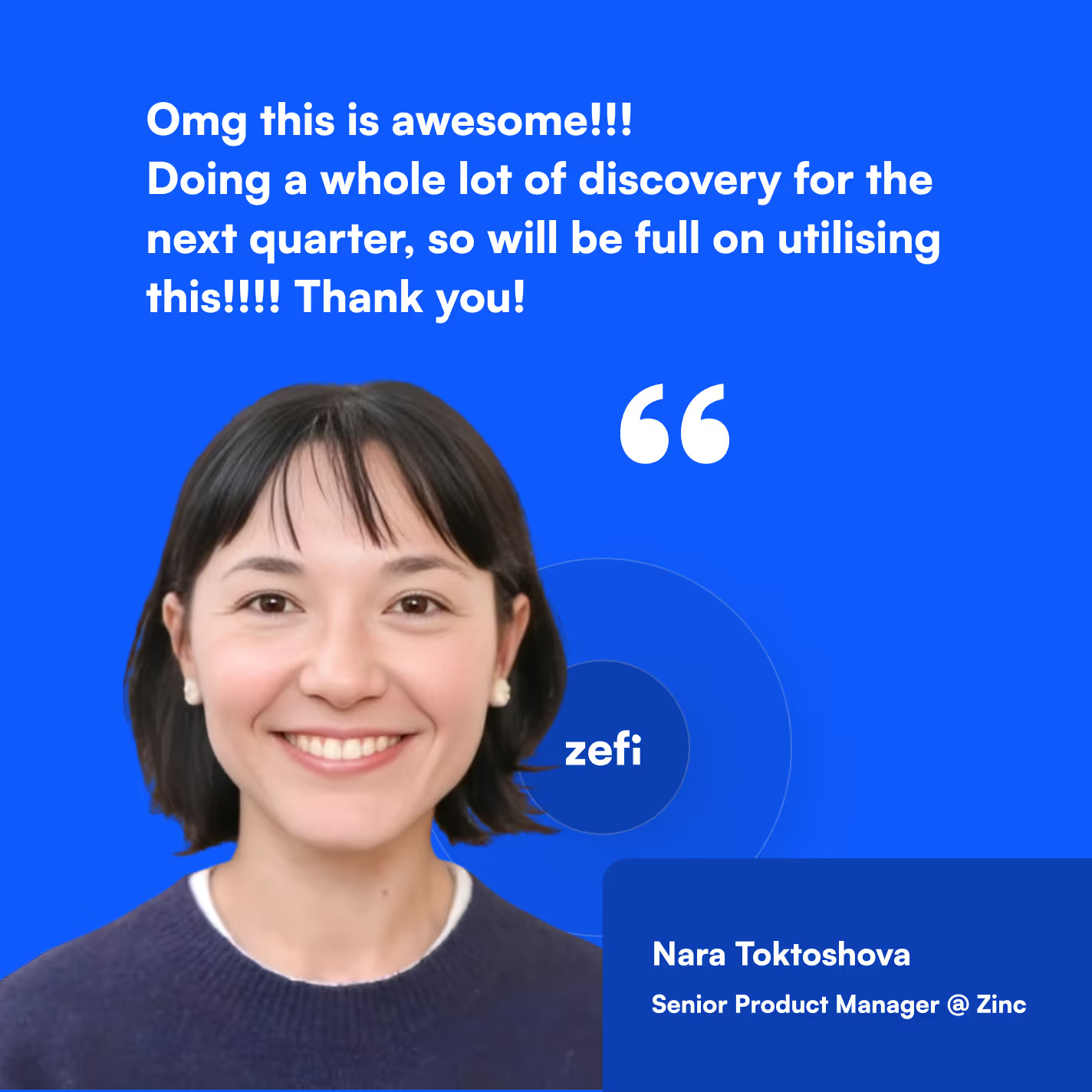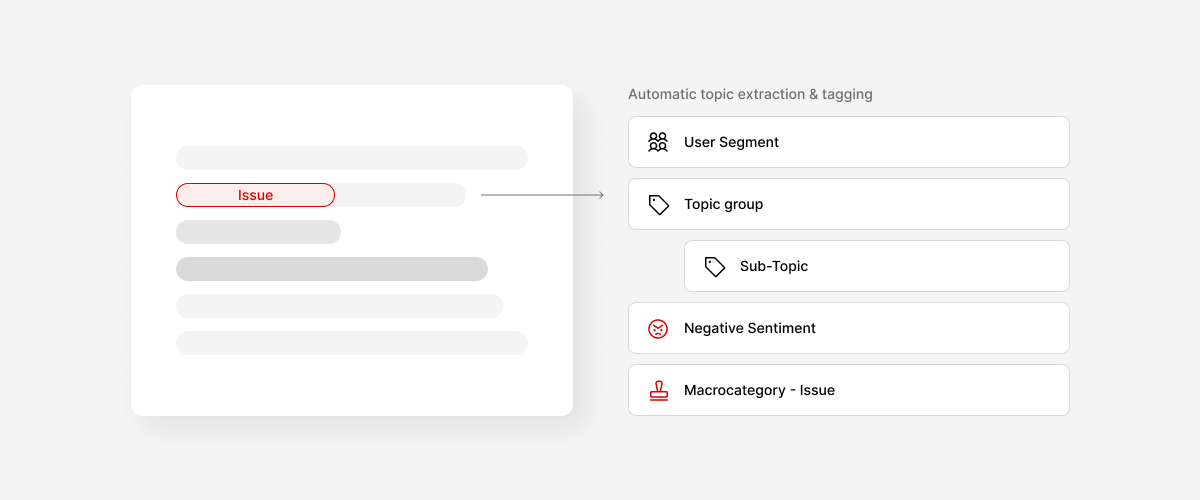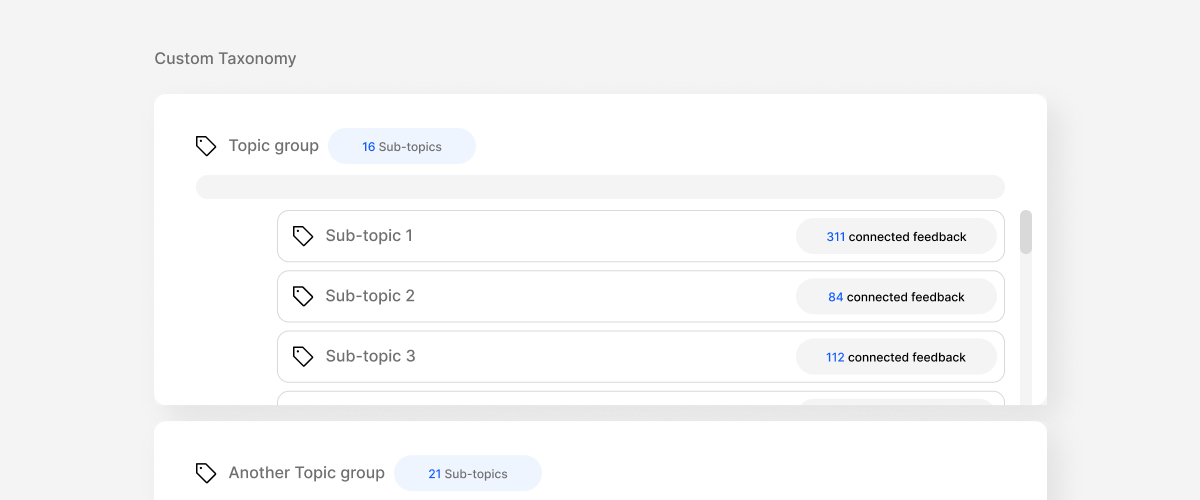In the tech world, the Design, Engineering, Marketing, and Sales functions have each had specialities for years. For example:
- Design → Product Design, Brand Design, UI/UX, Research, Interaction Design, Service Design
- Engineering → Frontend, Backend, Mobile (iOS/Android), Web, Full stack, Payments
- Marketing → Brand, Content, Performance marketing, SEO, CRM/Lifecycle, Marketing Ops, PR, Product Marketing
- Sales → Inbound, Outbound, SDR/BDR, AE, Technical Sales, CSM
But, Product Management has not yet defined specialties.
This leads people to think a Product Manager (PM) is a PM — meaning we hastily assume all Product Manager roles are created equal and the best Product Managers are those who know everything across different types of product work/stages.
That's simply not the reality of the situation since Product specializations are emerging informally as a mess. When we do a quick search right now, we find Fintech looking for a Payments Product Manager, media companies searching for a Growth Product Manager candidate, and Startups hunting for a 0 → 1 Product Leader.
In this first part of the article we'll introduce the problems that come out when we think that all product managers are created equal. In the next part, we’ll take a look at the 4 distinct types of product work!
Not all Product Managers are created equal
Most people looking to understand the Product world, and even early career PMs, think that there's a standard type of Product Manager. They believe all Product Manager roles are created equal and successful Product Managers are experts in the same areas. There are clear problems that arise when we think this way:
- Tools don't transfer:
Product Managers then apply the same tool to all problems, which leads to hitting a career progression ceiling because they don't know when to pull in other resources or take a totally different approach to an area that is not within their strength(s).
- Slow and steady struggle:
Continuing on the point above, when a new product area isn't the same as one a Product Manager has previously encountered, the Product Manager can start to struggle — they can't definitively decide on team direction, don't provide valuable impact to the org, and begin to doubt their own Product Management skills. From here, the Product Manager can continue to work through the new area, but will surely be less effective than others with strength and expertise in that area. Or, they'll work to switch back to an area they feel more comfortable in.
- Focus fatigue:
When Product Management roles are assumed to be equal across organizations or types of product work, PM learning usually slows down because they aren't sure where to focus. This is especially the case when a new Product Manager takes on a product or transfers from one team to another — they might be incentivized to 'create a strategic vision' to get promoted, but in reality, the team needs a detailed week-by-week roadmap.
- Talent turmoil:
When a company hires a Product Manager and assumes an amazing Product Manager at another org will translate to being an amazing Product Manager here, without vetting for specific areas of expertise or if the Product Manager's skills will be a good fit for what's needed in the role. What can end up happening is that the company hires the wrong person and they don't understand why the hire isn't working out, since they came highly recommended or were from a company with exponential growth.
So what are the 4 kinds of product work?
Fareed Mosavat (VP Programs/Partners @ Reforge, Ex Director of Product @ Slack) and Casey Winters (CPO @ Eventbrite, Ex Product Growth Lead @ Pinterest) discuss this in detail in Product Work Beyond Product-Market Fit:
"Most PMs are unaware of the different types of product work and which one is most relevant to them for what they are working on. This makes it difficult for them to be effective in their role, as they are using a sub-optimal or incorrect method (hammer/nail problem) and not thinking strategically about their product and how to transition to the other problem types."
"PMs tend to believe what previously worked for them or the organization in the past will work again in the future. As an organization grows, and you grow as a PM, the number, the variance, and the complexity of these different types of product work grow."
Then Fareed and Casey outline four types of product work:
- Feature Work:
The type of work that most product managers think about is feature work, this is usually where most product managers start in their careers.
- Growth Work:
The type of work that most product managers think about is feature work, this is usually where most product managers start in their careers.
- Scaling Work:
As a product continues to accelerate its growth, new bottlenecks occur that slow down or inhibit the team's ability to ship new features and move quickly. This is where scaling work comes into play.
- Product-Market Fit Expansion:
A product will hit the initial product-market fit (PMF). But, at some point growth of the product slows down as it hits some type of saturation. PMF expansion is increasing the ceiling on PMF in a non-incremental way to expand into an adjacent market, adjacent product, or both.
Many people, outside of Product and Engineering, believe a PM is an expert across all 4 of these areas of product work. Early career Product Managers think they have to tackle initiatives across feature, growth, scaling, and PMF work within their first year in the role.
But actually, you should go after the kind of PMs that are best to your needs:
- Core PMs focus on solving a customer pain point or need and focus on feature work.
- Growth PMs focus on the customer's journey, through the lens of improving business metrics.
- Platform PMs focus on helping the business scale efficiently and effectively and focused on scaling work.
- Innovation PMs focus on identifying new opportunities to expand product-market fit.
Each “kind” of PM corresponds to a different kind of product work that is useful in certain situations and useless in others.
There’s good news: we developed Zefi to suit any kind of Product Manager!



































